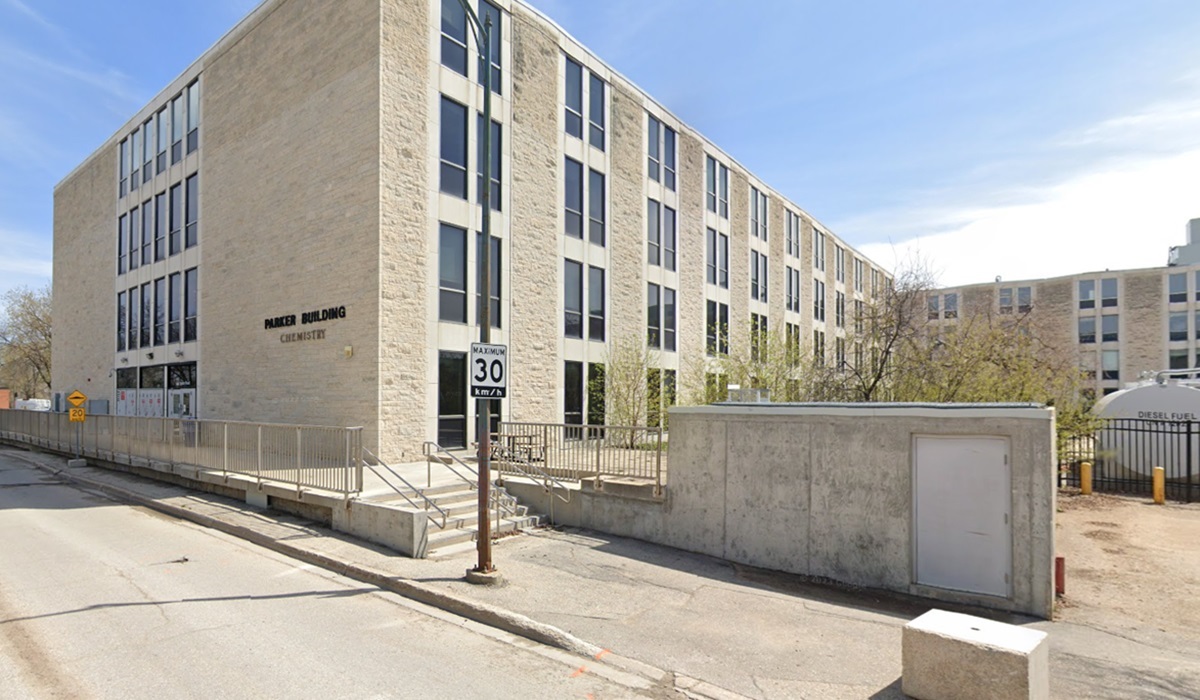B.C: Decriminalization Of Certain Hard Drugs Takes Effect Today
- TDS News
- Breaking News
- Western Canada
- January 31, 2023

British Columbia, In 2022, British Columbia made a bold move by applying to the federal government for an exemption to decriminalize certain hard drugs, including cocaine (in both crack and powder form), methamphetamine, MDMA, and opioids such as heroin, fentanyl, and morphine. The government approved this request, and the new exemption is effective today.
Under the new exemption, people caught with up to 2.5 grams of the above-mentioned drugs will no longer be arrested but instead will be given information on how to get help. This decision was not without controversy, as some people believe that 2.5 grams is too small a quantity to make a significant impact on the opioid crisis in British Columbia. In fact, some individuals and organizations had even applied for an exemption of up to 4.9 grams, but this request was denied by the federal government.
British Columbia is one of the hardest-hit provinces in Canada when it comes to the opioid crisis. With an average of six people dying from opioid-related causes daily. The need for a new approach to this problem was clear. The aim of the exemption is to reduce the number of opioid-related deaths and offer individuals struggling with addiction a chance to seek help and support.
Decriminalization is not the same as legalization. It means that while the possession of these drugs is still illegal, the consequences for being caught with them will be less severe. Instead of facing arrest and potentially serving time in jail, individuals caught with small quantities of these drugs will be redirected toward health and social services. This new approach is designed to focus on treating addiction as a public health issue rather than a criminal one.
One of the main benefits of decriminalization is that it will reduce the burden on the criminal justice system. With fewer people being arrested and processed through the criminal justice system, law enforcement officials will have more time and resources to focus on serious and violent crimes. Additionally, the cost of incarceration will be reduced, freeing up funds that can be used to support addiction treatment and recovery services.
Another benefit of decriminalization is that it will help to reduce the stigma associated with drug addiction. For too long, people struggling with addiction have been marginalized and criminalized, leading to a lack of access to health and social services. Decriminalization will help to break down these barriers and encourage individuals to seek help without fear of arrest or criminal penalties.
Critics of decriminalization argue that it will lead to an increase in drug use and crime. However, the evidence from countries that have decriminalized drugs, such as Portugal, suggests that this is not the case. Portugal, for example, has seen a decrease in drug use and drug-related deaths since they decriminalized all drugs in 2001.
While this is a significant change, it is important to remember that it is just one part of a comprehensive strategy to address the opioid crisis and support individuals in their journey towards recovery.








